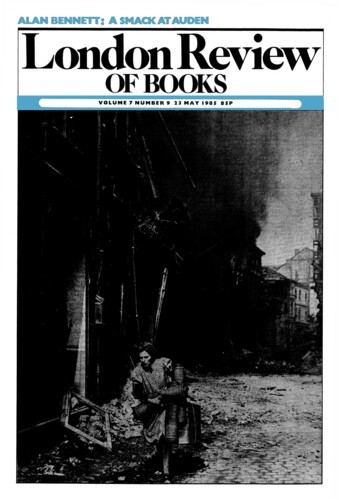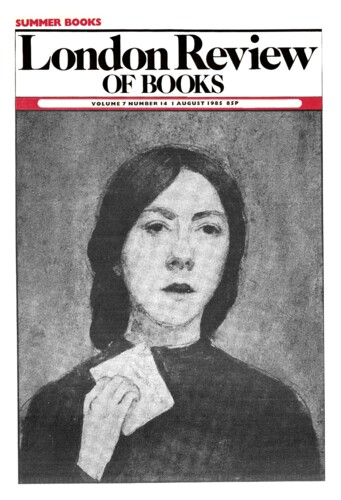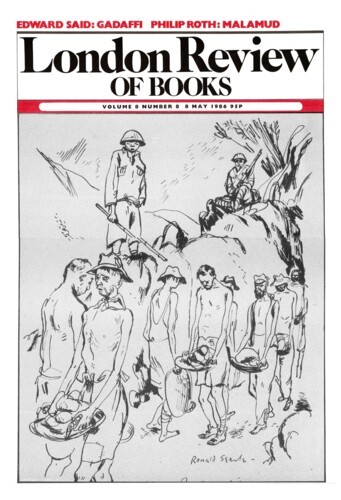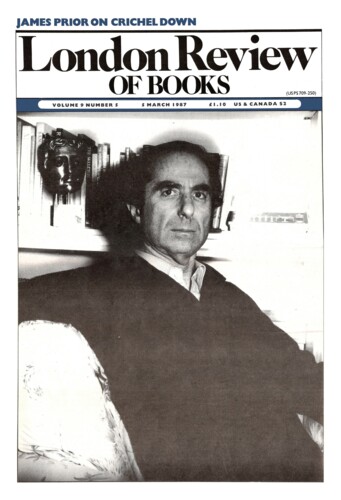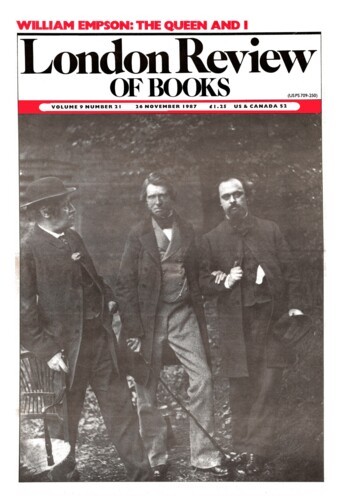Those Heads on the Stakes
Philip Horne, 23 May 1985
1900 was the end of the 19th century but it wasn’t the end of the world, as we can see. Antonio Conselheiro, a religious leader in the Sertao, the harsh backlands of north-eastern Brazil, had predicted that it would be: ‘There shall be a great rain of stars, and that will be the end of the world. In 1900 the lights shall be put out.’ He was not there to see this prophecy belied; his own light had gone out on 22 September 1897, towards the end of a strange, grim piece of history. He had issued other, preliminary prophecies, among them the eerie sentence: ‘In 1898 there will be many hats and few heads.’ His resistance to the newly-established Brazilian Republic was based on passionate objections to the census, to metrication and to civil marriage. Conselheiro’s thousands of followers, the rebels of the Sertao, lived mentally as well as geographically apart from the rest of mankind. Others, including other Christians, would have to say of such beliefs, with the agnostic Wittgenstein: ‘I think differently, in a different way. I say different things to myself. I have different pictures.’ So that perhaps, insofar as Conselheiro’s settlement of the faithful at Canudos lived in a world of its own, the apocalyptic prophecy carried a rough truth: for by October 1897, concluding a protracted campaign shockingly brutal on both sides, the Brazilian Army had brought that world to a close with cannon, carbine, dynamite and bayonet.
